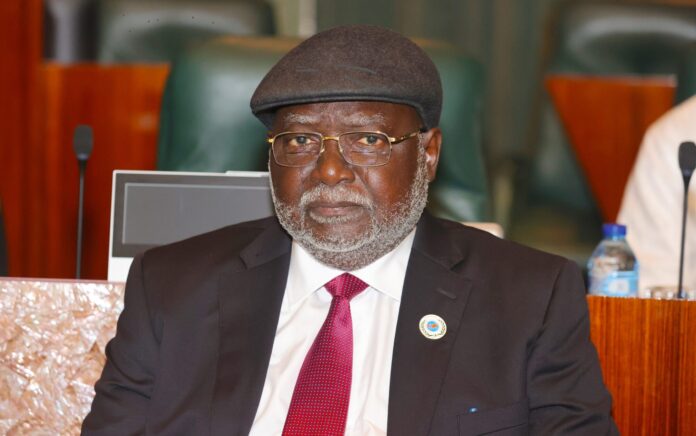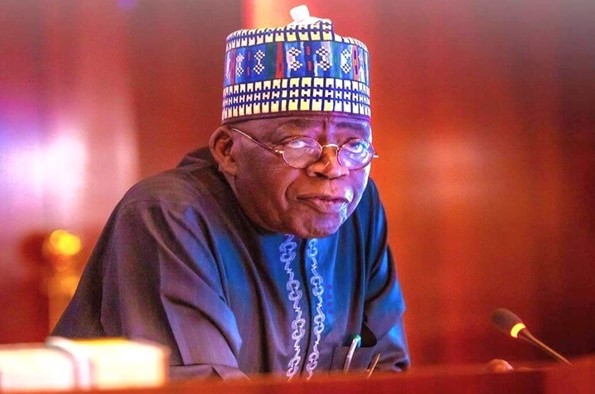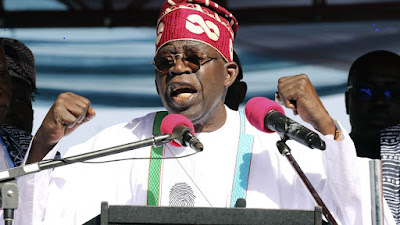According to research by Budgit evaluating the administration’s first year of operation, ‘Fiscal transparency has declined under President Tinubu’s administration.’ The Fiscal Responsibility Act stipulates that the 2023 Q2 Budget Implementation report must be made public 30 days following the conclusion of the quarter, however, the Budget Office has not yet done so.
‘In addition, since August 2023, when they were last uploaded on the Open Treasury portal, the Federation’s Fiscal Accounts, including receipts from all collection agencies and payments out of the Federation Account, have not been released.’
Read Also: Just In: Tinubu Makes A State Visit To The Netherlands
Divergent opinions regarding the success of the Tinubu-led government on its first anniversary have been expressed by several economic gurus in the meantime.
They made this clear in their various assessments of the administration’s work, which The ViztaDaily obtained on Wednesday.
Services for The investment community of Data & Resources reported that President Tinubu’s first-year performance exceeded the record set by his predecessor.
Budgit ratings Low
The Tinubu executive management scored 53.6%, higher compared to the result of former president Muhammadu Buhari (48.8%), according to the analysis, which evaluated the administration’s achievements based on 25 indicators under five segments of the economy: output and prices, financial information, international finance, public finance, and governance and institutions.
‘PBAT is rated on each of these 25 indicators, along with the four previous former presidents since 1999, and the average ratings are translated to percentages. Furthermore, a few of the initiatives, programs, and The current administration’s initiatives are highlighted to show how they might have contributed to the status of the economy as it is today.
In general, it has been noted that Nigerian presidents’ first-year performance ratings have been declining. It dropped from 72.8%, the greatest under Obasanjo, to 48.8%, the lowest under Buhari.
But during the Tinubu government, a turning point is being seen, as first-year performance as a whole has increased to 53.6%. Public finance is reported to be the strong area for the Tinubu administration (64%) and output and pricing to be the weak area (40%), according to the research.
The Tinubu administration was advised by ASDR analysts to ‘Involve the private sector in ensuring the creation of the necessary amenities to free public space.’ resources, engage with development partners while maintaining a reputation for independent thought and pro-citizen policymaking; cultivate trust with workers by putting their welfare first and holding talks about raising wages and productivity.
‘There has to be greater visibility for the coordinating minister. Increase the objectivity, transparency, and evidence-basedness of the policy-making and implementation processes, and ensure that the public is continuously informed about the advantages and disadvantages of the present reforms.
In its general economic commentary titled ‘One Year in Power: Assessing the Current Administration’s Policy Direction,’ published on Wednesday, Meristem Securities Limited outlined the administration’s priorities as of May 2023 and the extent to which they had been carried out.
‘The administration stated early on that it was committed to promoting a pro-growth economy that would improve the macroeconomic and microeconomic environments. Key areas for change, such as the economy, agriculture, jobs, infrastructure, oil and gas, and mineral resources, power, economic policy, digital economy, poverty alleviation, security, education, and healthcare, were prioritized in the Policy Advisory Council report and the President’s manifesto.
The government’s goals and accomplishments over the next eight years, subject to reelection for a second term, were likewise delineated in the PAC report.
Regarding fiscal policy, the administration has unveiled a number of calculated measures designed to boost tax receipts, improve productivity, and optimize spending. The goal of important changes has been to enhance the performance of vital industries in order to draw in investment from international businesses and people.
Furthermore, the administration has effectively secured agreements for strategic partnerships with foreign nations, according to the report. Meristem stated that successful policy execution, political stability, and ongoing public-private sector cooperation will be critical factors in determining the administration’s success in the remaining years of its term.
The headline inflation rate increased during Tinubu’s first year in government, rising from 22.22 percent in April 2023 to 33.69 percent in April of this year.
The naira also lost value during this time because it was floating from 461.76/$ in May 2023 to $1,479.69 at the moment.
Positively, from 2.31 percent in Q1 2023 to 2.98 percent in Q2 2023, the gross domestic product increased by 0.47 percent year over year.
By the end of the first quarter of 2024, crude oil production had also increased by 15.65% to 1.33 million barrels per day.



